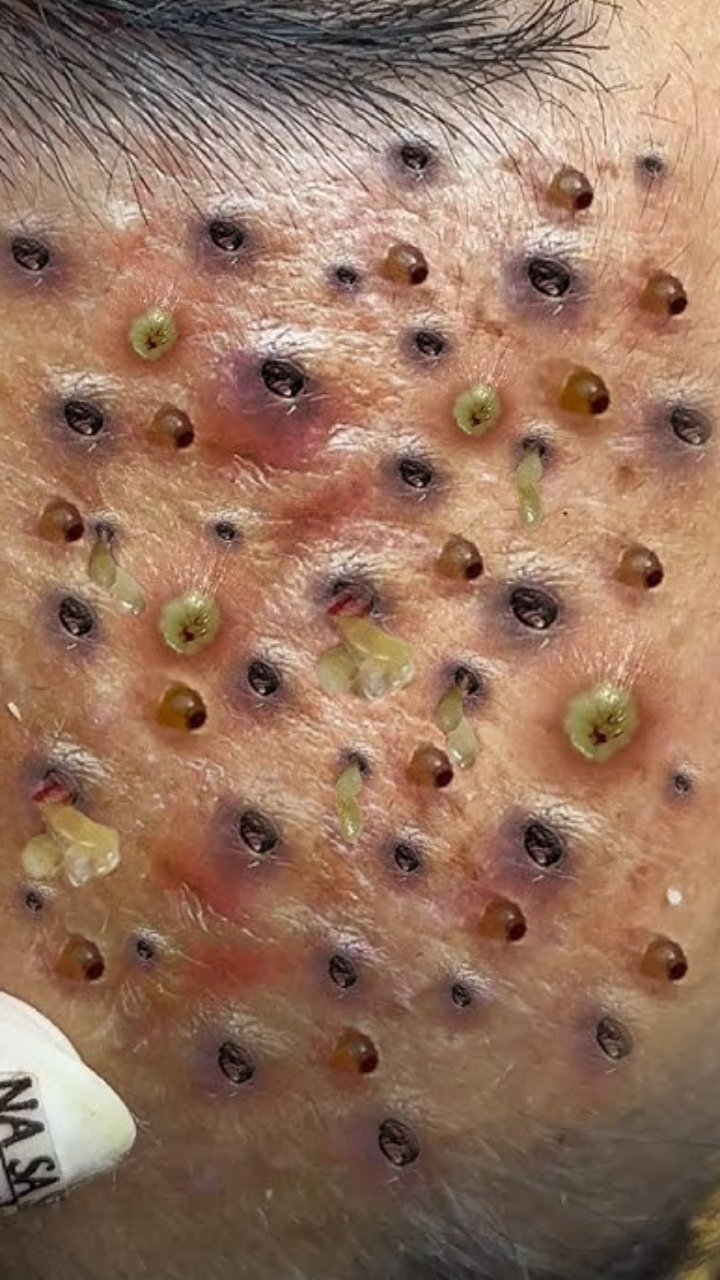
It’s probably difficult to keep the urge to glow up when you have sensitive skin to begin with. Well, you shouldn’t worry because there’s always a way to treat it.
Not all people have perfect skin. Some people have to deal with skin that’s prone to bad reactions to cosmetic products, be they soap, moisturizer, or makeup.
While such a condition may be quite annoying, you can keep it under control with simple changes to your skin care routine.
Before learning how to treat sensitive skin the right way, check out what causes it.
What Causes Your Skin to Be Sensitive
Sensitive skin is not considered a disease but rather a condition or a symptom. It’s rarely serious, so you don’t have to worry about it to the point of asking for a doctor’s diagnosis.
Usually, such a sensitivity on the skin can be seen from several of these characteristics:
- Rashes or hives
- Itchy and swollen
- Redness
- Stings
- Burns
- Dryness
- May crack and bleed
- Thick
- Cracked
- Scaly
- Bumps
- Blisters
- Small tan
- Red spots
Such a skin condition is usually triggered by several causes, such as:

Eczema
Eczema (atopic dermatitis) affects the skin’s ability to protect itself from irritants.
Your skin may not be safe from germs in the air or even chemicals in the detergent.
As a result, its sensitiveness may react to products that may seem normal to other people.
Allergic Contact Dermatitis
Aside from germs, sensitivities to the skin may be caused by allergic contact dermatitis.
It’s a form of allergy that occurs upon reacting to a certain substance in several common products, such as:
- Lotions
- Plants
- Fragrances
- Soaps
- Cosmetics
Read also: How to Get Smooth Skin: 7 Ways to Have a Baby-Soft Face
Aquagenic Pruritus
Allergies to water may be one of the less common causes of skin sensitivity. It means that any water that touches the skin causes itchiness.
In this case, the allergy doesn’t cause any visible signs you may see in other cases, such as blisters or rashes.
This allergy causes itchiness immediately after coming into contact with water. A part of the body that comes in contact can be itchy for a few minutes to a few hours.
Contact Urticaria
Irritating substances may trigger sensitive skin reactions in any condition. This is what we call contact urticaria, commonly known as hives.
The reactions come just immediately after direct contact with a specific substance that can be found in:
- Raw foods
- Fragrances
- Plants
- Common ingredients in beauty products
Cutaneous Mastocytosis
It’s a condition in which too many mast cells gather in the skin. Note that these cells are part of your immune system.
When they sense a threat, they will release chemicals, which may cause swelling. Additionally, you may see red or flat spots on several parts of your body in this condition.
Irritant Contact Dermatitis
Sensitivity to the skin may be the result of irritant contact dermatitis.
It’s a red, itchy rash that comes out when a protective layer of your skin is damaged by something.
Mostly, a rash only develops on the area that touches the irritant directly.
Photodermatoses
If your skin reacts badly to direct sunlight, then you may suffer from this condition called photodermatoses.
The intense ultraviolet (UV) rays in the sunlight may trigger the immune system in your body, causing rashes or blisters on your skin.
How to Treat Sensitive Skin
After learning what causes sensitive skin, it’s time to learn how to treat sensitive skin. Generally, these activities won’t take you a long time.
They can even be seamlessly integrated into your daily routine. Here are some of the things you can do to minimize the sensitivity of your skin:
- Don’t use harsh exfoliants
- Use a gentle soap
- Apply essential oils
- Avoid using perfumes
- Use organic cleaning products
- Pat instead of rubbing yourself dry after showers
- Check for sensitivity to skin care products
Read also: How to Tighten Face Skin: 5 Ways to Stay Beautifully Young
Learn How to Exfoliate Sensitive Skin
After getting to know how to treat sensitive skin, it’s time to learn the right way to exfoliate it. First, understand that there are two types of exfoliants: physical and chemical.
Among the two, the latter fits such a skin condition best because the former tends to be too abrasive and cause redness.
Nevertheless, you still need to pay attention to the concentration and the ingredients in the products you’re about to use.
It’s recommended to use skin care products that contain lactic acid since it’s considered to be one of the mildest forms of AHAs.
Focus on the concentration of the exfoliating acid instead of avoiding products that contain the substance altogether.
A low percentage of 10% or lower when combined with other percentages of all acids in the product is mostly recommended.
Make sure to use sunscreen and other protective products in your routine when using the chemical exfoliant since it increases sun sensitivity.
Consult Before Proceeding with Super Hair Removal
Skin that is sensitive may have its own challenges when it comes to beauty treatments like Super Hair Removal (SHR).
While having smooth, hair-free skin may be your dream, it may prove challenging when your skin is sensitive.
We advise you to consult with our professional therapists at Clean & Tidy before proceeding with the SHR treatment.
Talk with us at Clean & Tidy Bugis or Jurong about your concerns. We will see if we can give you the treatment you need to beautify your skin with advanced hair removal technology.
So, that’s all we can say about sensitive skin for now. It’s a condition that may not be serious but can be annoying if not treated carefully.
Dig deeper into our blog for more informative beauty insights. See you in another article!